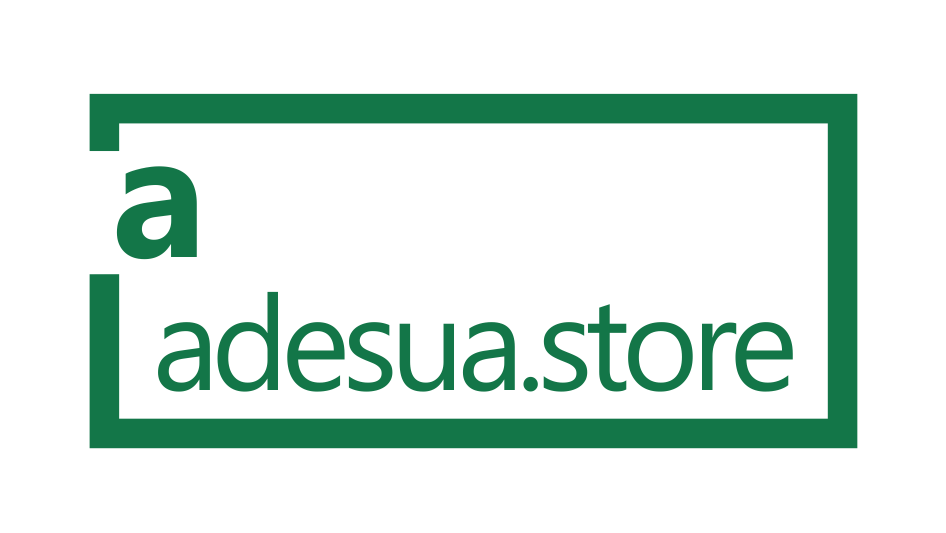
The report from the Teacher Education Expert Panel 2023, authored by Mark Scott, has important insights into how to make teachers highly effective. The approach taken by our Catholic Education group is closely aligned with the report, which is based on the science of learning.

We are in our third year of a professional development program for all our teachers which is intended to educate all teachers on how children’s brains learn. The teachers receive coaching and support in pedagogy, curriculum and assessment which combines their knowledge of individual students and the science of learning and reading.
It’s heartening to read the report’s first recommendation – to establish core content in universities that reflects evidence-based practices. When I started as director of Catholic education in the Archdiocese of Canberra and Goulburn, there was a sense that students weren’t fulfilling their potential. This led us to an examination of available evidence on effective pedagogy in classrooms and the science of learning. There’s a way in which brains acquire knowledge that can be supported efficiently through great teaching linked with cognitive psychology and brain science.
We now understand clearly that the teacher is the most important learner in our system and the education of the teacher is essential to the quality of learning that we can provide. If we support the teacher as the most important learner, they will take care of the students. Teachers need to be highly knowledgeable in the science of learning and reading.
There are many capable graduates from university teaching degrees. Unfortunately, some courses do a disservice to these teachers – sociology and theories of the place of education in society should not be the most important part of a teaching degree. They shouldn’t displace focus and time on the knowledge and skills teachers need to be effective in classrooms. How brains work and how children learn should be the focus in initial teacher education and I’m pleased the Scott Review supports this fundamental reality.
We are in the process of providing all of our teachers with the knowledge and skills they need to be highly effective. The feedback from teachers and students in our system is that the practices we have adopted are paying dividends. We now see great results for students. We hear stories of children who could not read after many months of effort from their teachers who can now read supported by our change in practice and evidence-based intervention.
St Bernard’s Primary School at Bateman’s Bay is now seeing student results which two years ago seemed unimaginable. One of our ACT schools has gone from about 60 per cent of students achieving below the national reading benchmark to only 15 per cent, by using explicit instruction based on the science of reading. I commonly hear comments from parents that their child now enjoys going to school because they are engaged in their learning.

Teachers also report they now spend less time on behavioral management because every child is in engaged in every lesson. Classroom management has become easier and children tune in more quickly to the lessons of the day.
Some universities are recognising the importance of the science of learning and the science of reading. La Trobe University is a leader. I’m also familiar with positive developments at Edith Cowan University, the University of Canberra, and the Australian Catholic University.
This report shows a way forward for the change that teachers and students deserve. I highly commend the reviewers and ministers who have now endorsed the report, for placing high-quality learning and teaching at the centre of the conversation on how to achieve both equity and excellence in every Australian school.
Now, all education systems and schools will need to align their focus and resources to ensure all teachers, early career and experienced, have the tools to be effective.
I frequently hear from colleagues a simple statement: “When I know better, I do better.” Better for the students and the future of Australia with the knowledge essential to be an effective teacher. This report provides a foundation from which Australian education can fulfil the hopes and dreams we have as a nation.



